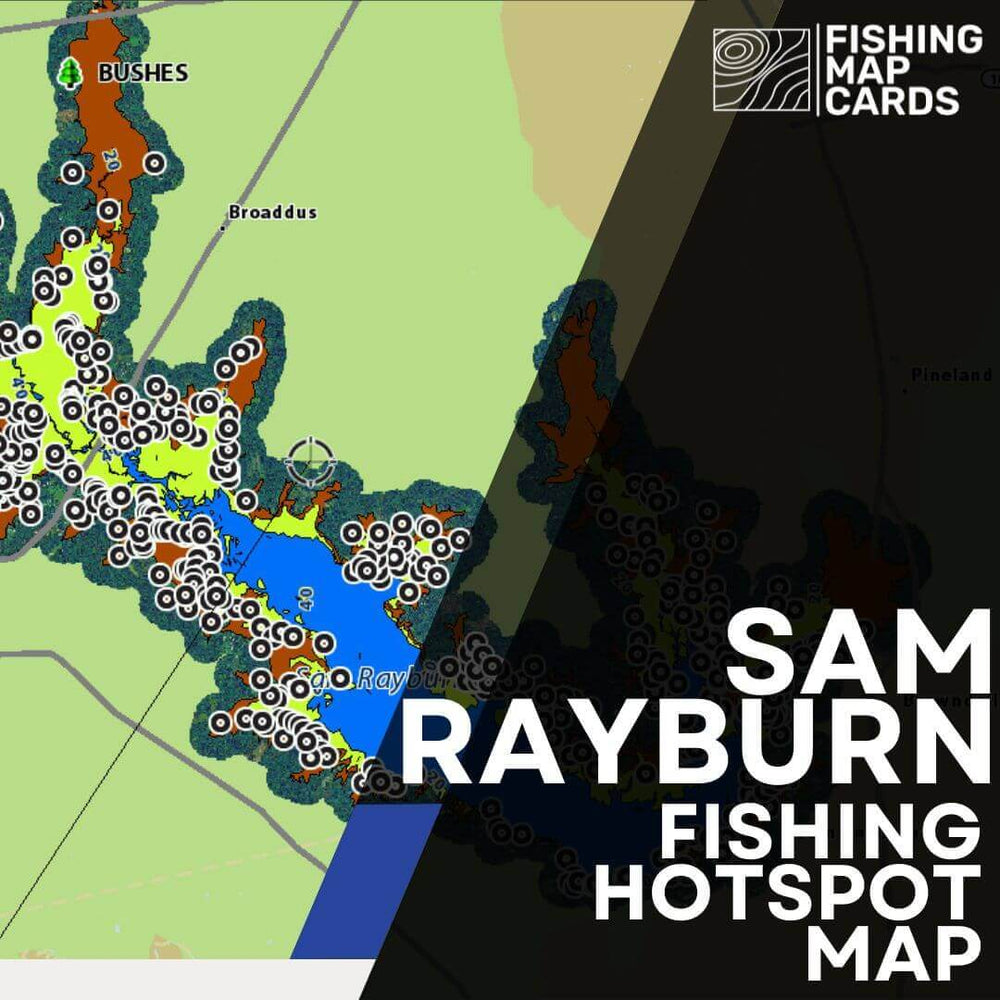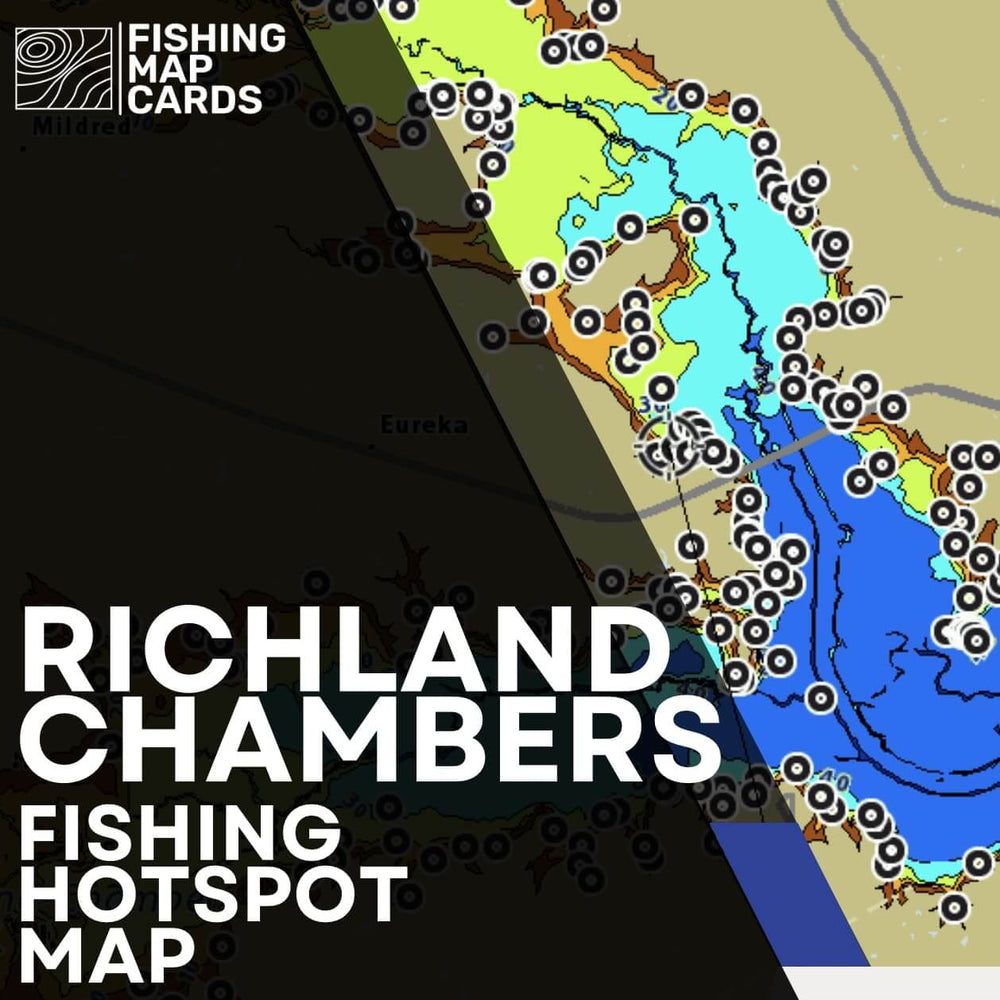Lake Somerville Bass Fishing: Tips for Success
Introduction:
Lake Somerville, nestled in the heart of Texas, is a bass angler's paradise. With its sprawling waters, diverse underwater structure, and an abundance of bass species, this reservoir offers an exciting challenge for both novice and experienced anglers. In this guide, we'll delve into the tactics, techniques, and strategies to help you maximize your success when bass fishing on Lake Somerville. Looking for any additional help? Check out our Lake Somerville Fishing Hotspot SD Card here.
1. Know Your Catch:
Lake Somerville is home to various species, including largemouth bass, white bass, and catfish. Understanding the behavior, preferred habitats, and feeding patterns of each species is crucial for a successful fishing outing.
- **Largemouth Bass:** Found in shallow waters, especially around structures like docks, vegetation, and submerged timber. They are often more active during low-light conditions.
2. Study the Lake:
Familiarize yourself with Lake Somerville's topography and underwater features. Utilize maps, both digital and paper, to identify key spots such as points, humps, drop-offs, and submerged structures. The lake is known for its fluctuating water levels, so be adaptable to changing conditions.
3. Time Your Fishing:
Understanding the seasonal patterns of bass is essential. In spring, bass move to shallow waters for spawning, making it an excellent time for topwater and shallow water techniques. Summer sees bass seeking cooler, deeper waters, while fall brings them back to shallower areas. Winter often requires a slower presentation in deeper waters.
4. Equip Yourself Properly:
Invest in quality bass fishing gear, including a medium to heavy-action rod, a reel with a smooth drag system, and a variety of lures suitable for different conditions. Plastic worms, jigs, crankbaits, and topwater lures are all effective choices.
5. Techniques for Success:
- **Topwater Fishing:** Early mornings and evenings are ideal for topwater lures such as buzzbaits, poppers, and frogs. Target shallow areas near vegetation and structure.
- **Jigging and Texas Rigs:** Use jigs and Texas-rigged soft plastics around submerged structures like docks, fallen trees, and rocky areas. This is effective year-round.
- **Crankbaits and Spinnerbaits:** Cover open water and locate fish by using crankbaits and spinnerbaits. Vary the retrieve speed to find the optimal presentation.
- **Drop-shotting:** A finesse technique effective in deeper waters. Use light line and a drop-shot rig with a soft plastic bait.
6. Practice Catch-and-Release:
Lake Somerville is a popular fishing destination, and practicing catch-and-release helps maintain a healthy bass population. Follow ethical fishing practices and handle the fish with care to ensure their survival after release.
Conclusion:
Bass fishing on Lake Somerville is an exhilarating experience, combining the thrill of the chase with the beauty of the Texas landscape. Armed with knowledge about the lake, bass behavior, and effective techniques, you're well on your way to mastering the art of bass fishing on this scenic reservoir. So, grab your gear, explore the waters, and savor the excitement of landing that trophy bass on Lake Somerville.
Written by Hugh in partnership with hughcfishing.com




















